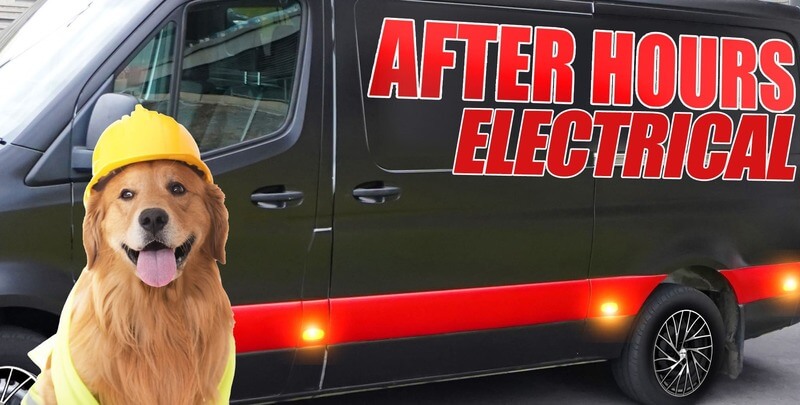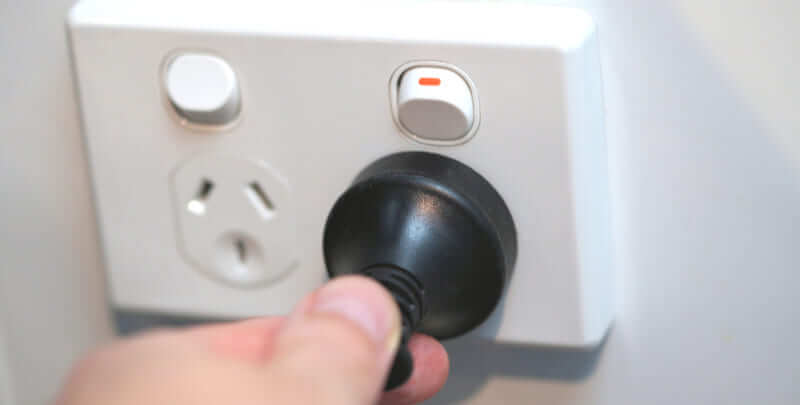How to Reduce Your Electric Bill in 5 Ways

With energy prices rising in Australia, managing your electricity usage has become more important than ever. Reducing your energy bill not only helps you save money but also contributes to a more sustainable environment. Many Australians are seeking practical ways to cut down on their energy expenses without sacrificing comfort.
In this article, we will explore five effective strategies to answer the age-old question of how to reduce your electric bill. From conducting energy audits to adopting energy-saving habits, these tips are designed to make a noticeable difference in your household’s energy consumption.
Conduct an Energy Audit
An energy audit is a detailed assessment of how much energy you use at home and the ways in which you use it. It aims to identify areas where you may be wasting energy. Energy audits help you to understand your energy consumption patterns and pinpoint inefficiencies that you can correct to save energy. By conducting an audit, you can make informed decisions about where to implement energy-saving measures.
Start by checking for obvious issues, such as draughty windows and doors, as these can lead to significant heat loss. Inspect the insulation in your roof and walls to ensure it meets recommended standards. Also, consider your lighting. Switching to LED bulbs can substantially reduce your energy usage and your lighting costs.
Upgrade to Energy-Efficient Appliances
Energy Star ratings are an important indicator of an appliance’s energy efficiency. Appliances with a higher energy rating label consume less electricity, which typically results in lower energy bills. When shopping for new appliances, it pays to become familiar with these labels. This will ensure you are making energy-conscious choices.
Upgrading to energy-efficient appliances can lead to substantial long-term savings, despite the initial investment. Modern appliances such as your refrigerator, washing machine, and dishwasher are designed to use less energy without compromising performance. This both lowers your household energy bill and reduces your carbon footprint.

Examples of Appliances with High Energy Consumption
Investing in energy-efficient appliances is a practical step towards a more sustainable and cost-effective household.
Start by replacing older, high-energy-consuming appliances first. For example, old refrigerators and air conditioners are known for their higher energy use. By switching to newer models with better energy ratings, and using the energy saving settings where appropriate, you can significantly reduce your monthly energy costs.
An extra tip: Making the switch to appliances that run on solar electricity will also help to reduce running costs. Trust me – your bank balance, and the planet, will thank you for it.
Optimise Heating and Cooling Systems
Consistent maintenance of your heating and cooling systems is essential for optimal performance.
- Regularly clean or replace your air conditioning filters to ensure your system runs efficiently.
- Set your thermostat to recommended temperatures: 18-20°C in winter and 24-26°C in summer. This will help you to avoid overuse and reduce electricity consumption.
- Consider using fans and natural ventilation as cost-effective alternatives to an air conditioner.
- During cooler months, utilise natural sunlight to warm your home during the day, and insulate windows at night to retain heat.
Finally, make sure your home is well-insulated, especially in the roof and in the walls. This will help to prevent heat loss in winter and retain cool air in summer. Proper insulation is crucial for maintaining a comfortable indoor temperature without relying too much on heating and cooling systems.
Implement Smart Home Technology
Smart home technology offers innovative ways to monitor and manage your energy consumption. Devices such as smart thermostats, smart plugs and energy monitoring systems provide real-time data and remote control capabilities. These technologies help you identify wasteful habits and adjust when necessary to reduce energy use.
- Smart thermostats learn your schedule and adjust temperatures automatically for maximum efficiency.
- Smart plugs allow you to control appliances remotely, ensuring they’re off when not in use.
- Monitoring systems give you detailed insights into your home’s energy usage, highlighting areas where you can save energy.
Though smart home devices may incur an initial cost, they can lead to significant long-term savings on your energy bills. These technologies not only offer convenience but also encourage more sustainable energy use. By embracing smart home technology, you can gain better control over your energy consumption and lower your overall costs.
Adopt Energy-Saving Habits
Simple changes to your daily habits can lead to noticeable reductions in your electricity bill.
- Make it a practice to turn off lights and appliances when they’re not in use.
- Unplug chargers and devices from the power point that consume standby power, also known as “phantom load”. This can account for a surprising amount of wasted energy.
- Invest in power strips to easily switch off multiple devices at once, preventing them from drawing power when they’re off.
- Using cold water in the washing machine instead of hot water can also help to save energy and money.
- Use the energy saving settings on your computer and other electronics to consume less power during inactive periods.
- And an obvious one that many might not consider – shop around. Research your electricity and gas retailers to find the best deal for your home.
Encourage all members of the household to adopt energy-saving behaviours. Simple acts like using natural light during the day, air-drying clothes instead of using a dryer, and taking shorter showers can collectively reduce your energy usage. Over time, these small changes add up, contributing to lower electric bills and a more sustainable lifestyle.

Save Money on Electricity Costs in Your Home
Remember to reduce your high energy bills by making strategic upgrades and adopting mindful habits. You can start by conducting an energy audit to identify areas for improvement. Consider upgrading to energy-efficient appliances, optimising your heating and cooling systems, implementing smart home technology, and adopting energy-saving habits to achieve significant savings.
Taking these steps not only benefits your wallet but also supports environmental sustainability. Start with small changes and gradually implement more substantial improvements. Together, these measures will help you manage your energy consumption more effectively and enjoy a more cost-efficient and energy-efficient home.
Please note: Thanks for reading our blog “How To Reduce Your Electric Bill in 5 Ways”. This information is provided for advice purposes only. Regulations differ from state to state, so please consult your local authorities or an industry professional before proceeding with any work. See After Hours Electrical’s Terms & Conditions here.